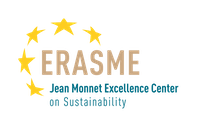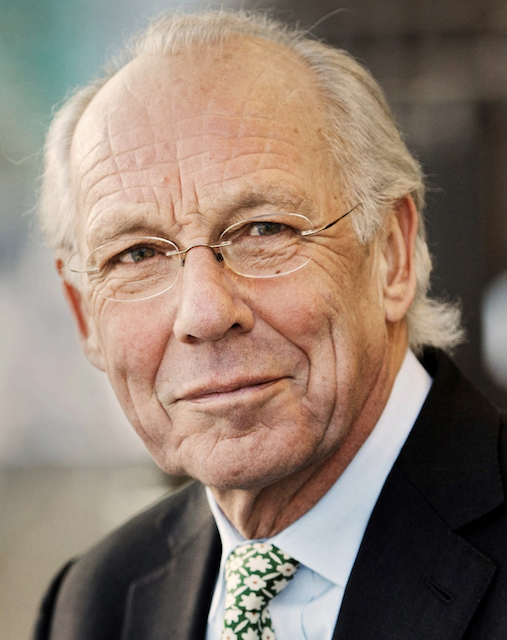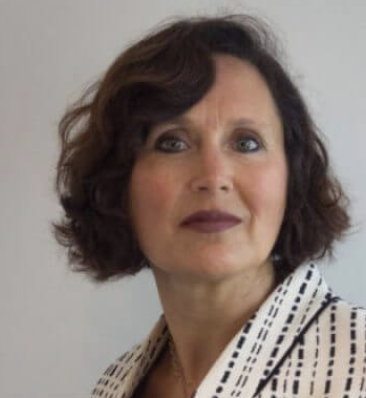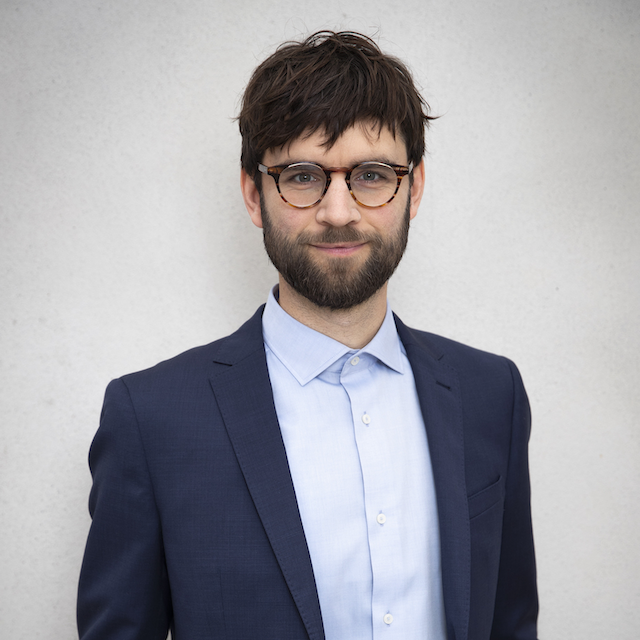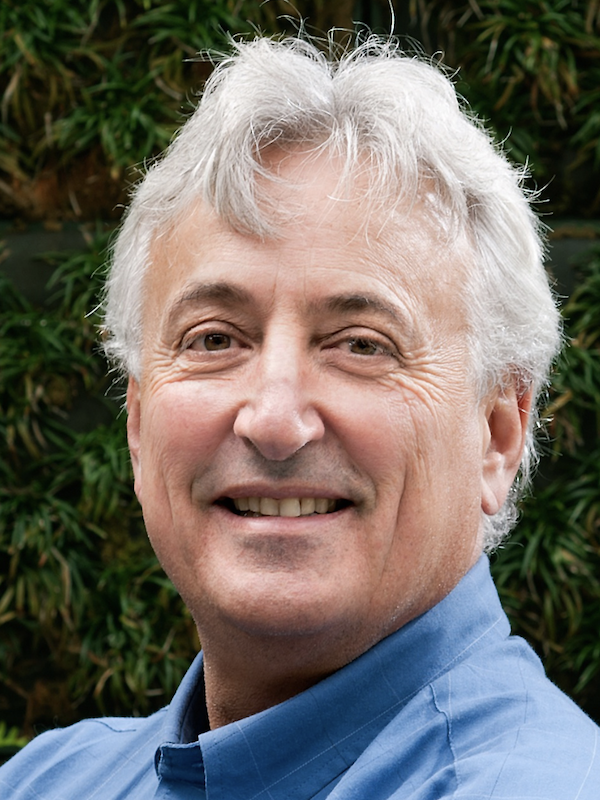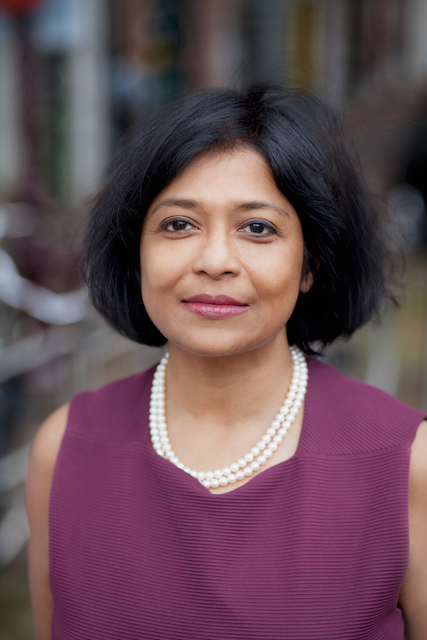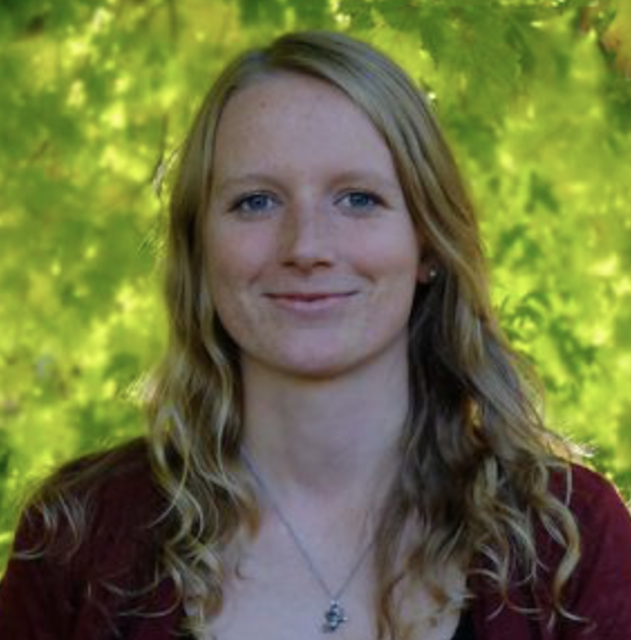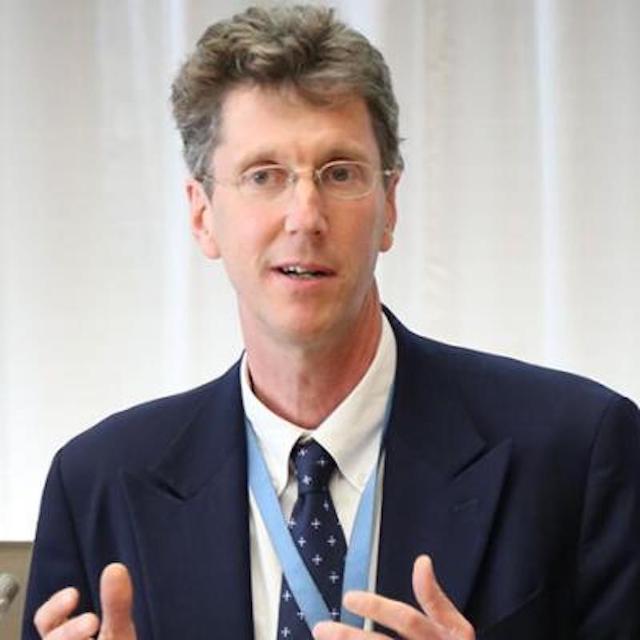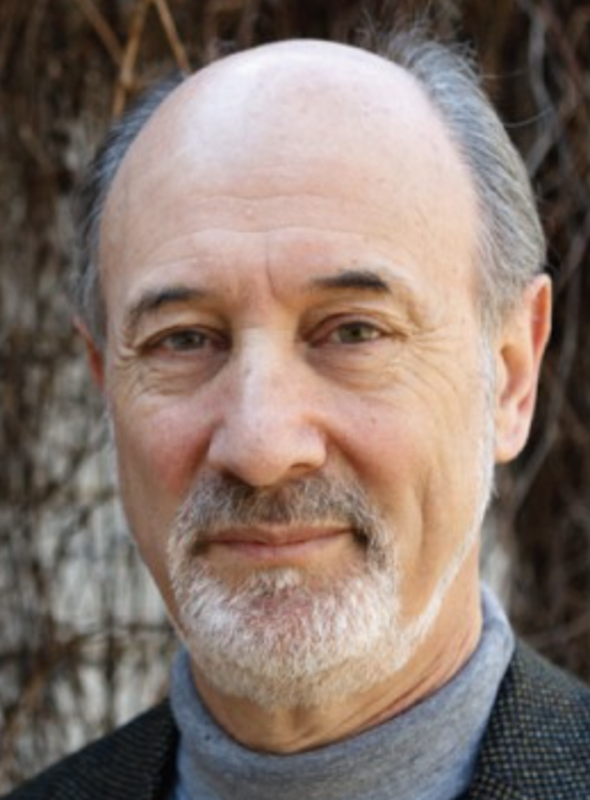Conférenciers invités
Jørgen Randers is professor emeritus of climate strategy at the BI Norwegian Business School and practitioner in the field of future studies. His professional field encompasses model-based futures studies, scenario analysis, system dynamics, sustainability, climate, energy andecological economics. He is also a full member of the Club of Rome, a company director, member of various not-for-profit boards, business consultant on global sustainability matters and author. His publications include the seminal work, The Limits to Growth and Reinventing Prosperity. From 2001 to 2012, he was a core member of the faculty of the Cambridge Institute for Sustainability Leadership. In 2019, Randers was appointed as inaugural co-chair of the Ecological Civilization Center at Peking University's Research Institute of Xi Jinping Thought on Socialism with Chinese Characteristics for a New Era. Randers' research interests are on climate issues, scenario planning and system dynamics, especially on the topics of sustainable development, climate change and global warming mitigation.
Sandrine Dixson-Declève is an international and European climate, energy, sustainable development, sustainable finance, complex systems thought leader. She is currently the Co-President of the Club of Rome and divides her time between lecturing, facilitating difficult conversations and advisory work. In her recent TED talk, she shares what we’ve learned in the 50 years since the publication of the “Limits to Growth” report– and discusses the launch of Earth4All: an initiative aimed at focusing on five key areas that could enable humanity and the planet to thrive. She currently Chairs the European Commission, Expert Group on Economic and Societal Impact of Research & Innovation (ESIR) and sits on the European Commission’s Sustainable Finance Platform. She also sits on several Boards & Advisory Boards including EDP, BMW, UCB, Climate KIC, UCL Bartlett School of Environment Energy & Resources, IEEP, Laudes Foundation and is a Senior Associate and faculty member of the Cambridge Institute for Sustainability Leadership (CISL). In addition, she is an Ambassador, for the Energy Transition Commission (ETC) and the Well Being Alliance (WeAll). In 2017 Sandrine co-founded the Women Enablers Change Agent Network (WECAN).
David Collste is a researcher at the Planetary Boundaries group where he studies feedback between human development, the economy, and planetary boundaries. He works within the Earth4All project on global modeling and the XPaths project on pathways to the SDGs in drylands. He co-leads the graduate module on systems thinking and leads the undergraduate course in ecological economics. Collste worked co-edited the reportEconomy and Finance for a Just Future on a Thriving Planet commissioned by the Swedish Ministry of Environment for the United Nations meeting Stockholm+50 in 2022. Collste holds a joint PhD degree in Sustainability Science and Economics from Stockholm Resilience Centre and Université Clermont Auvergne. Robert Costanza is Professor of Ecological Economics at the Institute for Global Prosperity (IGP) at University College London (UCL). He is also currently a Senior Fellow at the Stockholm Resilience Centre in Stockholm, Sweden, and Honorary Professor at the Australian National University, an Affiliate Fellow at the Gund Institute at the University of Vermont, and a deTao Master of Ecological Economics at the deTao Masters Academy in Shanghai, China. He is a Fellow in the Academy of Social Sciences in Australia (ASSA) and the Royal Society of Arts (RSA) in the UK, and is an Overseas Expert in the Chinese Academy of Sciences (CAS). Professor Costanza’s transdisciplinary research integrates the study of humans and the rest of nature to address research, policy and management issues at multiple time and space scales, from small watersheds to the global system. His specialties include: transdisciplinary integration, systems ecology, ecological economics, ecosystem services, landscape ecology, integrated socio-ecological modeling, ecological design, energy analysis, environmental policy, social traps and addictions, incentive structures, and institutions
Timothée Parrique is a researcher at the School of Economics in Lund University, Sweden. He holds a PhD in economics from the University of Clermont Auvergne and Stockholm University. Titled “The political economy of degrowth” (2019), his dissertation explores the economic implications of the idea of degrowth. Tim is the lead author of “Decoupling debunked – Evidence and arguments against green growth” (2019), a report published by the European Environmental Bureau (EEB), and the author of “Ralentir ou périr. L’économie de la décroissance” (2022). He blogs at https://timotheeparrique.com and tweets at @timparrique
Joyeeta Gupta was co-chair of UNEP's Global Environment Outlook-6 (2016 - 2019), published by Cambridge University Press, which was presented to governments participating in th United Nations Environment Assembly in 2019, and won the Association of American Publishers PROSE award for Environmental Science. She is presently co-chair of the Earth Commission (2019 - 2021), set up by Future Earth, together with Johan Rockström and Dahé Qin. She is full professor of Environment and Development in the Global South at th Amsterdam Institute For Social Science Research at the University of Amsterdam and IHE Delft Institute for Water Education. She is also the Faculty Professor on Sustainability (2019 - 2024). She leads the Programme group on Governance and Inclusive Development. She was lead author in the Intergovernmental Panel on Climate Change which won the 2007 Nobel Prize with Al Gore and of the Millennium Ecosystem Which won the Saved Second Prize.
Nathalie Spittler currently is research associate at the Center for Global Change and Sustainability (gWN) at the University of Natural Resources and Life Sciences, where she also did her bachelor degree in Environmental and Natural Resource Management before studying a master in Socio-Ecological Economics and Policy at University of Economics and Business, Vienna. She then completed a double doctoral degree in Environmental and Natural Sciences at the University of Iceland and in Economics at the University of Clermont Auvergne in France on the subject of "Planning Sustainable Energy Systems" as part of the Marie Curie ITN EU Horizon2020 project AdaptEconII (Adaptation to a New Economic Reality II). During her doctoral studies she completed research stays in Kenya and at the Wuppertal Institute for Climate, Environment and Energy. She is currently working on the SDGs and the identification of integrated sustainable development paths at national and local level from an interdisciplinary and transdisciplinary perspective, for which she uses qualitative and quantitative system dynamic methods. In the course of this she is also involved in UniNEtZ (a project of the Alliance of Sustainable Universities) and is a member of ERASME Excellence Centre on Sustainability and the Austrian Chapter of the Club of Romes.
Peter Victor, author of Herman Daly's Economics for a Full World: His Life and Ideas (2021) and Managing without Growth. Slower by Design, not Disaster (2008 and 2019), is Professor Emeritus and Senior Scholar at York University, Canada. He has worked for 50 years in Canada and abroad on economy and environment issues as an academic, consultant and public servant. His work on ecological economics has been recognized through the award of the Molson Prize in the Social Sciences by the Canada Council for the Arts in 2011, the Boulding Memorial Prize from the International Society for Ecological Economics in 2014, and his election to the Royal Society of Canada in 2015. Peter was the founding president of the Canadian Society of Ecological Economics and is a past-president of the Royal Canadian Institute for Science. |
